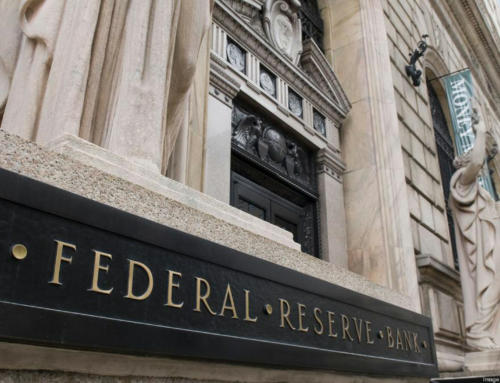Most individuals who file for bankruptcy are overwhelmed with debt and seeking some sort of financial relief. Discharged debts is an important factor that interests bankruptcy filers. It is a bankruptcy myth; however, that all debts are discharged when filing for bankruptcy. This is not true, some debts may be discharged but not usually all. Debts are separated into two categories, unsecured debts and secured debts. Whether a debt is secure or unsecure and the type of bankruptcy you file for has a lot to do with if a debt can be discharged. Secured debts cannot be discharged, these debts involve court-ordered payments. Unsecured debts, on the other hand, can almost all be discharged. Debts such as credit card debts or mortgage debts are unsecured and can be discharged.
A brief list of unsecured debts that can be discharged in a Chapter 7 bankruptcy include:
• Medical bills
• Credit card bills (department store cards, gas cards)
• Personal loans
• Car accident expenses (unless drugs or alcohol were involved)
• Deficiency balances
• Lawsuits and judgments
• Unpaid rent or bills
• Vehicle repossessions
• Debts owed by a sole proprietor
•Lease and contract debts
You can receive significant relief from debts when filing for bankruptcy. At the same time, it is important to be aware that not all debts disappear.
Some of the key debts that will remain include child support, alimony or domestic support orders, student loans and certain tax debts.
If you have questions about your specific debts and whether or not they can be discharged, contact Blevins & Hong, P.C. today. There are exceptions to every rule and your bankruptcy can have different results than any other, you need the help of a Marietta bankruptcy lawyer for help through the process. Get started now by filling out a case evaluation form online.







